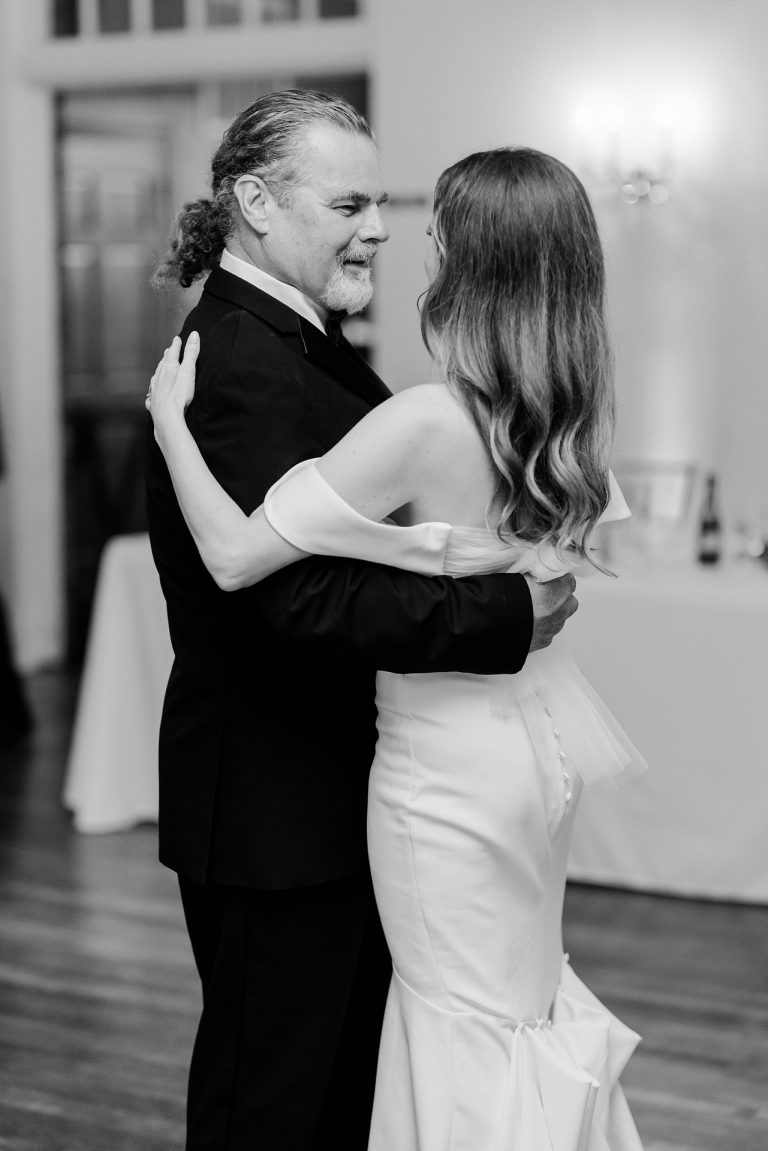RSVP Etiquette: Tips And Guidelines For Responding To Invitations
When you receive an invitation, whether it’s for a wedding, a birthday party, or a business event, it’s important to respond promptly and appropriately. This is where RSVP etiquette comes in. RSVP stands for “répondez s’il vous plaît,” which means “please respond” in French. In this article, we’ll discuss some tips and guidelines for responding to invitations in a way that’s polite, professional, and respectful.

1. Respond Promptly
The first rule of RSVP etiquette is to respond promptly. The host needs to know how many people will be attending the event, so it’s important to reply as soon as possible. Ideally, you should respond within a day or two of receiving the invitation, or by the RSVP deadline if there is one.
2. Use the Requested Method of RSVP
The host may have requested a specific method of RSVP, such as email, phone, or online form. Make sure you follow their instructions and use the requested method. If the host didn’t specify a method, choose one that’s convenient for you and easy for them to track, such as email or an online RSVP system.
3. Be Clear and Specific
When you respond to the invitation, be clear and specific about who is attending, especially if you’re responding to a group. If the invitation is for you and a guest, make sure you include your guest’s name. If you’re responding for a family, including the names of everyone who will be attending. This will help the host plan for seating, food, and other logistics.
4. Be Gracious
Whether you’re accepting or declining the invitation, be gracious in your response. If you can’t attend, thank the host for inviting you and express your regret that you won’t be able to make it. If you are attending, express your gratitude for the invitation and your enthusiasm for the event.
5. Respect the RSVP Deadline
If the invitation includes an RSVP deadline, make sure you respond by that date. This will help the host plan for the event and avoid any last-minute surprises. If you miss the deadline, it’s still important to respond as soon as possible and apologize for any inconvenience.
6. Don’t Change Your Response Without a Good Reason
Once you’ve RSVP’d, it’s important to stick to your response unless there’s a good reason to change it. If something unexpected comes up and you can no longer attend, let the host know as soon as possible. Changing your response without a good reason can be rude and disruptive to the planning process.
7. Keep Your Response Simple And To The Point
When responding to an invitation, it’s important to keep your response simple and to the point. Avoid going into too much detail or providing unnecessary information. Simply let the host know whether you can attend or not, and who will be attending with you if necessary. This will make it easier for the host to keep track of the responses and plan accordingly.
8. Be Mindful of The Tone of Your Response
The tone of your response is also important when it comes to RSVP etiquette. Make sure your response is polite, professional, and respectful, even if you can’t attend. Avoid using sarcasm, humor, or any language that could be interpreted as rude or dismissive.
9. Consider The Dress Code And Other Details
When responding to an invitation, it’s also a good idea to consider the dress code and other details of the event. If the invitation specifies a dress code, make sure you follow it. If there are any other details that you need to be aware of, such as parking or directions, make sure you read the invitation carefully and follow any instructions provided.
10. Follow up if Necessary
If you haven’t received a confirmation or any further information about the event after responding to the invitation, it’s okay to follow up with the host to confirm that your response was received and to ask any questions you may have. However, make sure you do this in a polite and respectful way, and don’t pester the host with too many emails or phone calls.
11. Be Mindful of The Host’s Budget
When responding to an invitation, it’s important to be mindful of the host’s budget, especially if the event is being held at a private home or other non-commercial venues. If the invitation includes a request for guests to bring a dish or contribute to the cost of the event, make sure you do so, and be considerate of the host’s needs and limitations. If you have any dietary restrictions or preferences, make sure you let the host know in advance, so they can plan accordingly.
12. RSVP Even if You’re Unsure
If you’re unsure whether you can attend an event, it’s still important to RSVP. Let the host know that you’re not sure yet, but that you’ll confirm as soon as possible. This will help the host plan for the event and avoid any last-minute surprises.
13. Don’t Bring Uninvited Guests
If the invitation doesn’t specifically include a “plus one” or a request for guests to bring their own guests, don’t bring uninvited guests to the event. This can be disruptive to the host’s plans and can cause unnecessary stress and tension. If you really want to bring someone with you, make sure you ask the host in advance and don’t assume that it’s okay.
14. Be Respectful of The Host’s Wishes
If the host specifies any special requests or rules for the event, make sure you respect them. For example, if the host requests that guests not take photos or use their phones during the event, make sure you comply with this request. If there’s a dress code or other specific requirements, make sure you follow them. By being respectful of the host’s wishes, you can help ensure that the event is a success for everyone involved.
15. Thank The Host After The Event
After the event is over, it’s a good idea to thank the host for inviting you and for hosting such a wonderful event. This can be a simple email or note, but it can go a long way in showing your appreciation and gratitude. If you had a particularly good time, you may also want to leave a positive review or feedback on social media or other platforms.
Conclusion
By following these tips and guidelines for RSVP etiquette, you can be a respectful and considerate guest, and help ensure that the event is a success for everyone involved. Remember to be prompt, clear, and gracious in your response, and to be respectful of the host’s wishes and budget. With these simple steps, you can set a good example for other guests, and help make the event a memorable and enjoyable experience for all.




